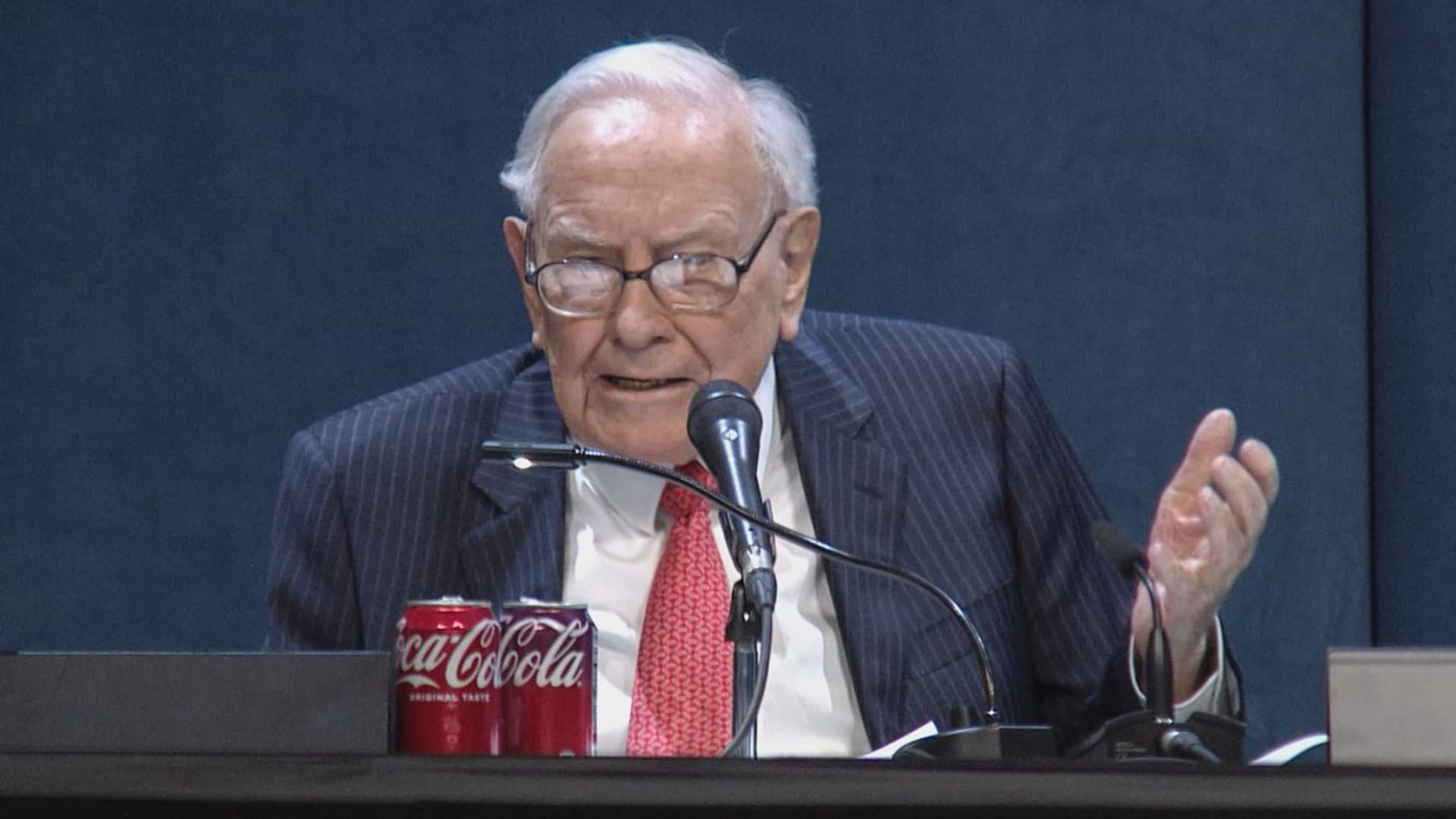Warren Buffett is keeping his wallet closed. Berkshire Hathaway didn’t repurchase any of its shares in the first nine months of 2025, even as the conglomerate’s cash pile swelled to a record $382 billion . The restraint underscores Buffett’s long-standing discipline: he buys back Berkshire stock only when he deems it undervalued. Buffett laid out that buyback philosophy in his 2018 annual letter to shareholders, saying he would repurchase Berkshire shares only when they trade below his estimate of their intrinsic value and when the company retains a comfortable cash cushion afterward. The Oracle of Omaha once stressed that Berkshire would use spare cash to buy back stock only when the discount is meaningful, and not as a way to support the stock price. “Our thinking, boiled down: Berkshire will buy back its stock only if a) Charlie and I believe that it is selling for less than it is worth and b) the company, upon completing the repurchase, is left with ample cash,” he wrote, referring to his late business partner Charlie Munger. “Over time, we want Berkshire’s share count to go down. If the price-to-value discount (as we estimate it) widens, we will likely become more aggressive in purchasing shares. We will not, however, prop the stock at any level,” he added. Not cheap enough Buffett has typically stepped into the open market to buy Berkshire only when it sells for at least a 15% discount below his own assessment of value, according to UBS analysts. When Berkshire first resumed repurchases in 2018, the shares were roughly 13% undervalued, by UBS’s calculation. Berkshire, the owner of Geico insurance, BNSF Railway and Dairy Queen, only became more aggressive later, as that gap widened to around 20%. But now, no buybacks have been made even though Berkshire shares have fallen 12% from their high in early May, right before Buffett announced he’s stepping down as CEO at the end of the year, ending six legendary decades of control. Class A shares are up just 5% in 2025, compared to a 16.3% gain for the S & P 500. Over just the past six months alone, however, the underperformance is even greater, with Berkshire falling nearly 11% against an S & P 500 advance of almost 23%. Berkshire had climbed to consecutive record highs earlier this year as investors sought safety during the tariff-driven market turmoil, drawn to the sprawling holding company’s size and stability. But as sentiment shifted back to risk-taking, Berkshire pulled back sharply, only worsening on the news of Buffett’s planned retirement. Even with the recent decline, Berkshire’s shares are still trading in line with their intrinsic value, leaving little incentive for buybacks, UBS said. The Wall Street investment bank successfully predicted the absence of buybacks in the third quarter, and said it doesn’t expect any repurchases through 2026. Nor does Berkshire stock look cheap even if book value , another valuation yardstick, is used instead of intrinsic value. The stock now changes hands near 1.6 times book value, but when Buffett loosened his buyback policy in 2018 and became more active in the market, Berkshire sold for about 1.3 times book value, UBS said. BRK.A YTD mountain Berkshire Hathaway Class A shares year to date For now, Berkshire’s cash continues to accumulate, giving Buffett or his successor Greg Abel plenty of dry powder to make deals or to devote to buybacks, should the stock ever again fall back into what’s considered bargain territory.





